Nephrology is the medical specialty dedicated to the prevention, diagnosis and treatment of all renal diseases:
- Kidney stone ethiology;
- Vascular, inflammatory (glomerulonephritis) or hereditary (polycystosis) diseases;
- Bacterial infections and tumors;
- Acute or chronic renal failure;
- Renal colic;
- Proteinuria (presence of protein in the urine);
- Hematuria (presence of blood in the urine);
- Nephritic syndrome;
- Glomerulonephritis;
- Or repeated urinary tract infections.
Some people are more at risk for kidney disease. There are factors that can increase the risk of kidney disease such as diabetes, high blood pressure, smoking and obesity.

Nephrology Tunisia Nephrology Tunisia: the best Tunisian nephrologists are at the Center Clinic
Nephrologists, or kidney doctors, study the kidneys and all the diseases that affect them. They complete 2 additional years of training after medical school and residency.
If your general practitioner or family doctor thinks that your kidneys are not functioning normally, he or she may suggest a visit to a nephrologist.
A nephrologist in Tunisia will look for the cause of the problem and propose a treatment plan to stop the condition.
During a visit to a nephrologist, the specialist may be involved in performing various tests and procedures or in interpreting the results.
Laboratory Tests
A wide range of tests can be used to evaluate the function of your kidneys. These tests are usually performed on a blood or urine sample.
Blood tests
- Glomerular filtration rate (GFR) is a test that measures the quality of filtration of your blood by your kidneys. GFR begins to drop below normal levels in kidney disease.
- Blood creatinine test: Creatinine is a waste product that is present at higher levels in the blood of people with kidney dysfunction.
- Blood urea nitrogen (BUN) level: As with creatinine, finding high levels of this waste product in the blood is a sign of kidney dysfunction.
Urine tests
- Urinalysis: A urine sample can be tested with a pH gauge also to detect the presence of abnormal amounts of blood, glucose, protein or bacteria.
- Albumin/Creatinine Ratio: This urine test measures the amount of albumin in the urine. Albumin in the urine is a sign of kidney dysfunction.
- 24-hour urine collection: This method uses a special container to collect all the urine you produce over a 24-hour period. Additional tests can be performed on this sample.
- Creatinine Clearance: This test measures the ratio of the rate at which creatinine is eliminated by the kidneys (through the urine) to its concentration in the blood.
Consulting a nephrologist does not entail any particular risks for the patient.


